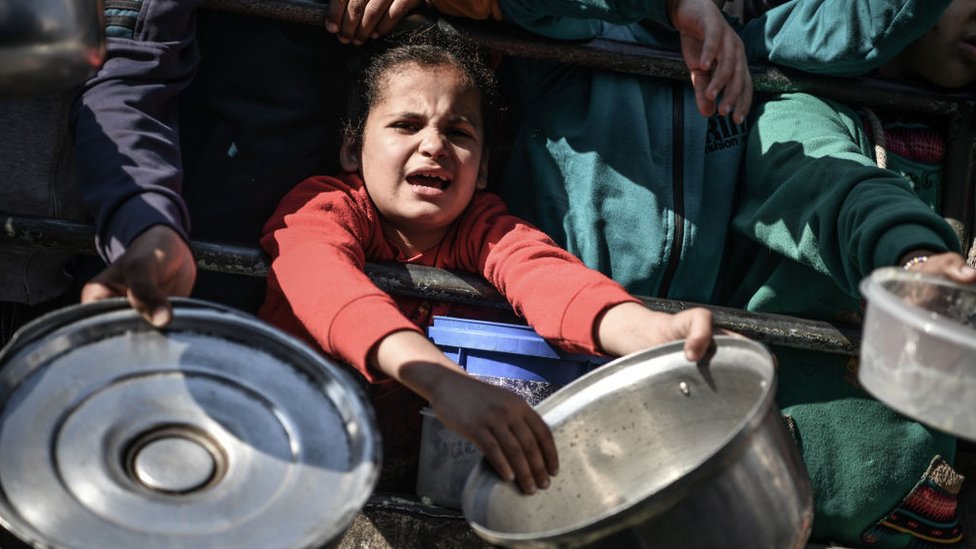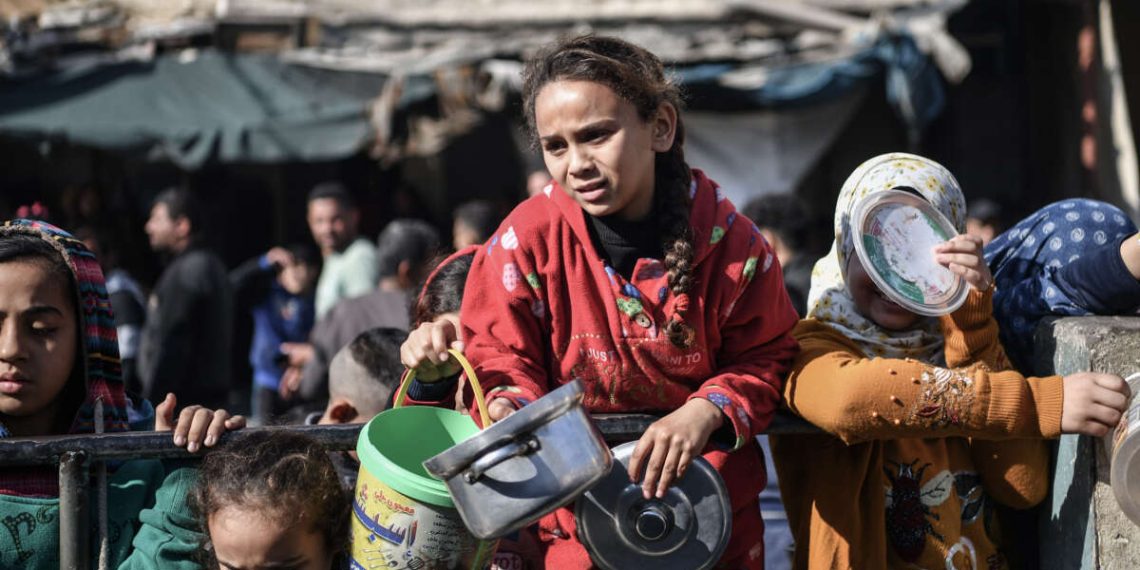Gaza faces an escalating humanitarian crisis as famine rapidly takes hold amid the ongoing conflict, warns UN Under-Secretary-General Martin Griffiths. The majority of the 400,000 Gazans at risk of starvation are now experiencing famine, marking a critical turn in the situation.
Despite some aid entering through southern border crossings, the crisis persists, exacerbated by Israel’s denial of essential supplies to northern Gaza. Accusations between Israel and the UN’s Palestinian refugee agency further complicate effective aid distribution.
The toll of the conflict is staggering, with over 24,000 deaths and 60,000 injuries reported since October 7. Griffiths expresses deep concern that the dire humanitarian situation might sow the seeds of generational hatred, emphasizing the urgency of addressing the crisis to prevent long-term consequences.
UN agencies jointly appeal for increased aid access to Gaza, highlighting the need for a fundamental change in humanitarian aid flow.
The World Food Programme, UN Children’s Fund, and the World Health Organization underscore the necessity of opening new entry routes, allowing more trucks daily, easing restrictions on humanitarian workers’ movement, and ensuring safety during aid distribution.

As the conflict persists, the dire circumstances in Gaza extend beyond immediate hunger, with the entire population facing acute food insecurity, according to the Integrated Food Security and Nutrition Phase Classification. Urgent attention is needed to address the multifaceted challenges arising from the conflict and the growing famine crisis in Gaza.





